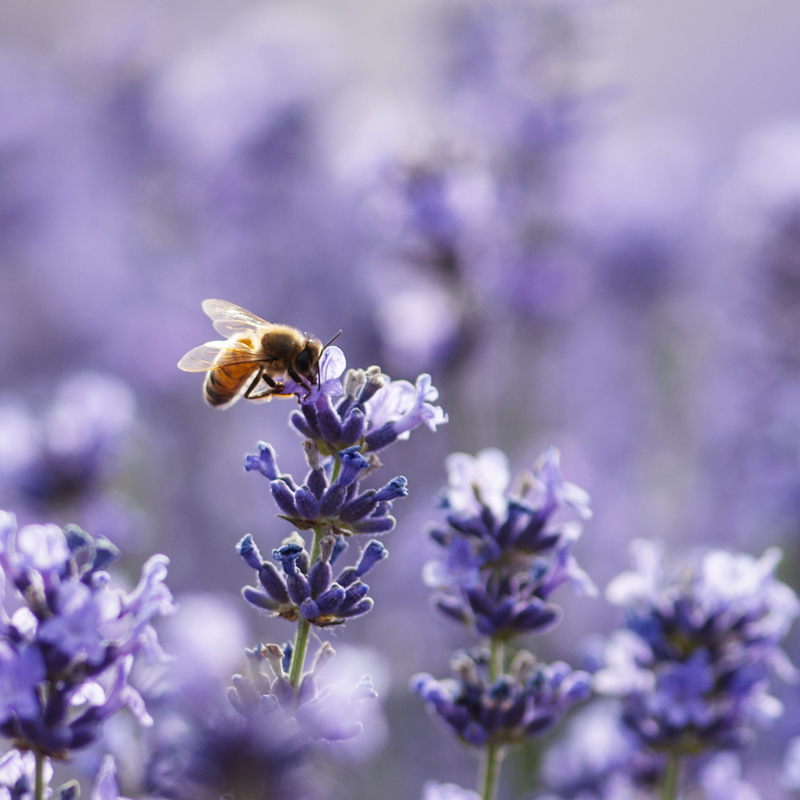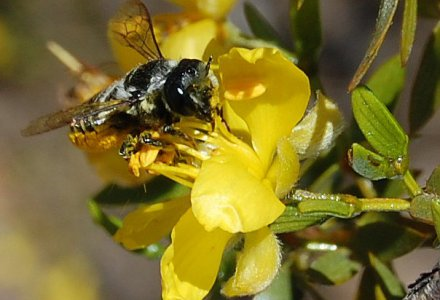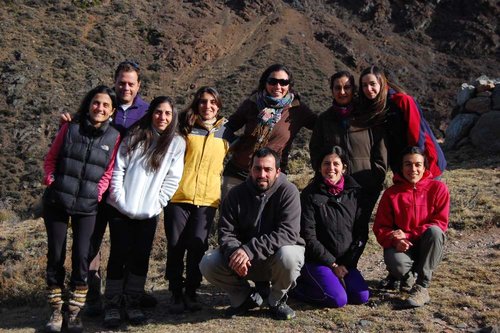Earlier this year Diego Vazquez, who is one of our brilliant Associate Editors for Proceedings B, was awarded the Friedrich Wilhelm Bessel Research Award by the Humboldt Foundation.

Tell us a bit about your research.
I study the interactions among species in nature. I focus mainly on plant-pollinator interactions, and the questions addressed range from the functioning of interactions of small sets of species to the structure and functioning of large networks of interacting species. With members of my group I have also worked with other kinds of interactions, including those between plants and their herbivores or seed dispersers, and those between insects and their parasitoids. In addition, I am interested in understanding how human activities influence species interactions.

What prompted you to work in this field?
When I had to pick a topic for my Ph.D. thesis, I wanted to address a question that was both scientifically interesting and applicable for dealing with some of our growing environmental problems. I was particularly interested in working in the temperate forests of the southern Andes, both because I found the region biologically interesting, and because I liked being there out in the forest (it is a beautiful region). A colleague pointed out that introduced vertebrate herbivores (deer, domestic cattle) are a main source of anthropogenic alteration of these forests. These temperate forests are known for their high incidence of plant-animal mutualisms, so a natural question was how these introduced herbivores influenced the widespread interactions between plants and their animal mutualists.
What has been the biggest influence on your career?
My mentors and colleagues, undoubtedly. Ricardo Gürtler was my advisor during my undergraduate studies at the University of Buenos Aires, and Dan Simberloff was my Ph.D. supervisor at the University of Tennessee, Knoxville – both were tremendously influential to me.
My research is highly collaborative, and although I have published a few solo papers, most of my research projects have been done in close collaboration with colleagues in my group and at many other institutions worldwide. This social, collaborative aspect of science is to me one of the nicest parts of my job; my research would simply not be possible without the enormous contribution of my many excellent collaborators.

What are the big challenges still remaining in your field?
I think we still understand relatively little about the processes that regulate the structure and dynamics of ecological communities. Why are some species abundant and many rare, why are some interactions strong and many weak, why are some species (and interactions) widely distributed and many spatially restricted? These questions concern basic ecological patterns that we’ve known for many years, yet the causes and consequences of these patterns are still poorly understood. We also know relatively little about how human activities are changing not just species abundances and distributions, but their interactions and the ecological and evolutionary processes that they drive.
Why did you join the Proceedings B Editorial Board?
It’s a great journal! Being part of the board gives me the opportunity to read a lot of excellent papers on a broad range of biological topics.
What advice would you give to someone who wants to submit to Proc B?
Submit your best research. Also make sure that it is clear in the manuscript and in the cover letter why you think your research is novel and why it should be interesting for the readership of a broad biological journal as Proceedings B.
If you weren’t a researcher, what would you be doing instead?
If we went back in time and I had to pick a career again, and if the gate for the researcher path were closed, I would probably take the paths to become a fiction writer, or a musician. But if I had to quit research now, it might be too late to master the intricacies of literary and musical languages. Instead, I would probably spend more time teaching than I currently spend now, and I would try to work to apply what I’ve learned as a scientist for the management and conservation of biodiversity.
